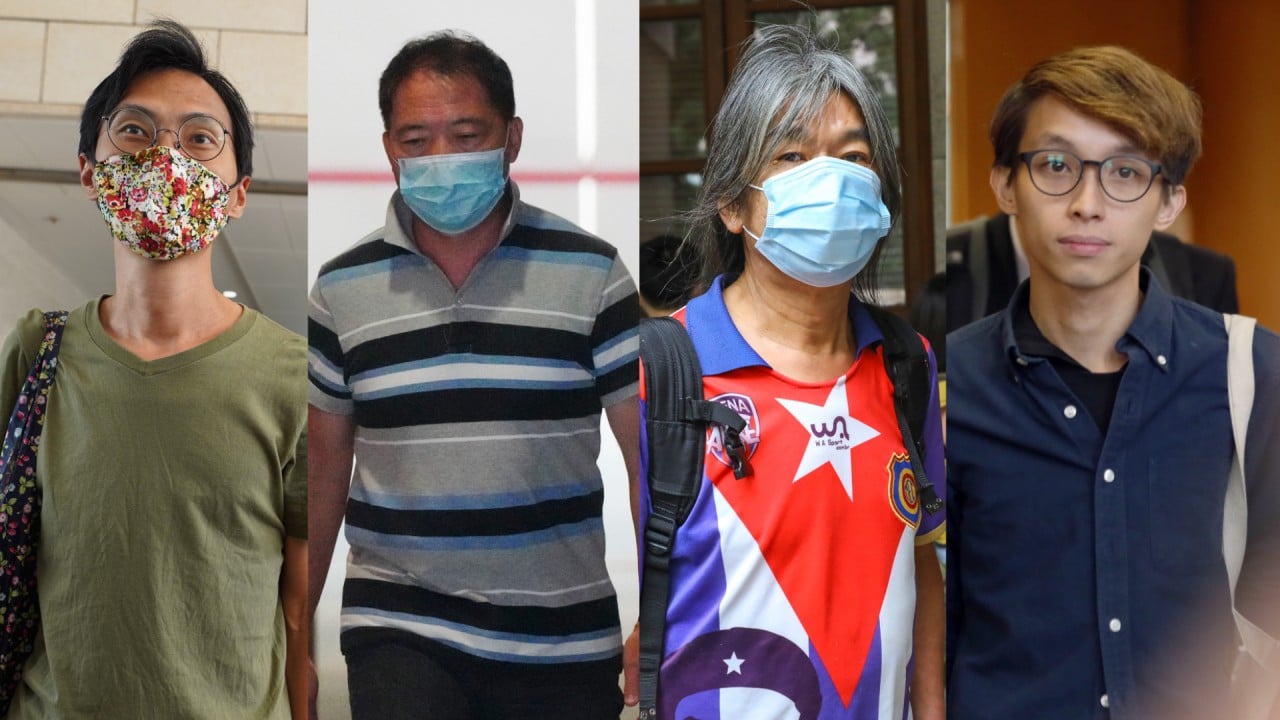
Beijing can dream, but Hong Kong won’t turn into a mainland Chinese city overnight
- Hongkongers, even Covid-19-fearing, mask-wearing ones, are noisy, highly opinionated and open-minded, and it is these qualities that make it difficult or even impossible for Carrie Lam to impose mainland-style restrictions on the city
The press statements from the Hong Kong government have become remarkably similar to those of mainland China in their undiplomatic language. That is worrying enough for people trying to do business in a city that claims to be international in outlook and thinking.
Good luck to the Chinese Communist Party if that is what is happening; there is such a big gap between what Hongkongers and mainlanders expect that this approach is bound to fail.
But as anyone knows when among Hongkongers – even Covid-19-fearing, mask-wearing ones – they are noisy, highly opinionated and open-minded. The greater the number of people arrested and the less believable the charges, the more difficult it will be to win support and cooperation.

02:52
Former Hong Kong lawmakers among eight opposition activists arrested over illegal assembly
Seven decades of Communist control and force has meant that mainland Chinese know the importance of complying with orders and accepting what they are told. But that is not the culture or character of Hongkongers, who know they are part of China, but whose city has succeeded through embracing the wider world.
I noticed the differences immediately when I came to the region as a tourist in the early 1980s and little has changed despite mainland China’s stunning growth and development since. Hong Kong people greet others with a smile, an open demeanour and a desire to know and understand. Mainland Chinese are not so friendly, less inquiring and reticent about interacting.
The differences are easy to explain; Hong Kong’s decades of semi-autonomous rule, living among foreigners and a tradition of overseas trade, travel and education.
Little wonder that there has been such a strong reaction by some people to officials contending that action by the West for the imposition and enforcement of the national security law will not have much impact on the city.
It is not necessarily a matter of trust; it is also about choice, important for a population that expects to be able to access the best the world has to offer.
Tell a Hongkonger he or she will be locked down at home and can’t leave because of a virus outbreak on another floor in the building and they will want good reason to give up their freedoms.
Hong Kong, unlike mainland China, does not have the infrastructure to allow the delivery and support services that must accompany such an order. Nor can a retiree who has a daily routine be expected to stay at home if it’s time for dim sum.
If Beijing requires Hong Kong to act like a mainland Chinese city, it needs to do a lot more work in the understanding department.
Peter Kammerer is a senior writer at the Post

